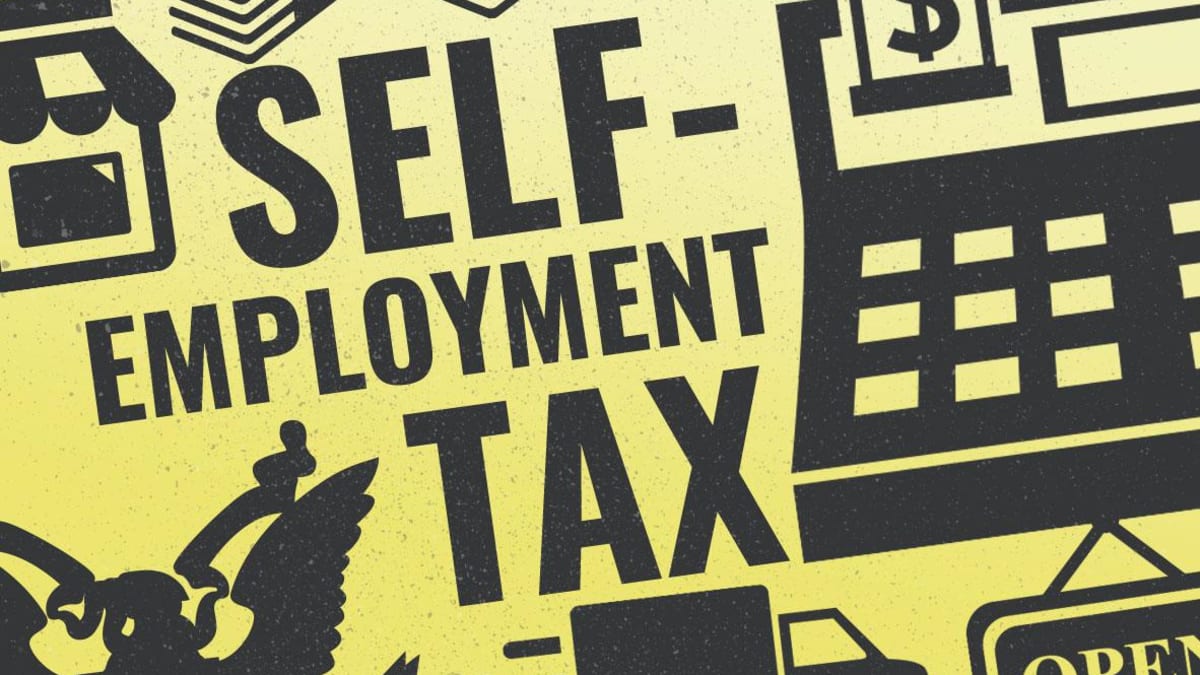While most people focus on getting their taxes filed on time, there are numerous overlooked aspects that can significantly impact the outcome of your tax return. In this article, we delve into 15 commonly overlooked elements during tax preparation. From potential deductions to strategic filing decisions, we aim to shed light on areas that could save you money and avoid future headaches. Let's navigate through these lesser-known facets to ensure you're making the most informed decisions when doing your taxes.
| Non-Deductible IRA Contributions |
 |
| Many individuals contribute to their IRAs without realizing that not all contributions are deductible. If your income exceeds certain thresholds, your ability to deduct IRA contributions on your tax return may be limited, especially if you or your spouse are covered by a retirement plan at work. It's crucial to understand these limits to avoid unexpected tax liabilities and to consider whether contributing to a Roth IRA, which offers tax-free growth and withdrawals, might be a more advantageous option. |
| State Tax Refunds from Previous Years |
 |
| If you received a state tax refund last year, it might be taxable on your federal return, especially if you itemized deductions. Many taxpayers forget to include this in their income, leading to discrepancies that could trigger IRS notices. Understanding the tax implications of your state refund is essential to ensure accurate reporting and to avoid potential audits or penalties. |
| Charitable Contributions |
 |
| Charitable contributions are not only a means to give back to the community but also an opportunity to reduce your taxable income. However, taxpayers often overlook the documentation needed to claim these deductions. Keeping detailed records of all donations, including cash and non-cash contributions, and obtaining written acknowledgment for donations over $250, is crucial for substantiating your charitable deductions. |
| Medical Expenses |
 |
| Medical expenses can provide significant tax relief if they exceed 7.5% of your adjusted gross income. Many overlook deductions for out-of-pocket costs for treatments, prescriptions, and even transportation to medical facilities. It's important to keep meticulous records of these expenses, as they can add up to substantial deductions that lower your taxable income. |
| Home Office Deduction |
 |
| With the rise of remote work, the home office deduction has become more relevant than ever. Yet, many remote workers and self-employed individuals fail to claim this deduction, potentially missing out on significant savings. Understanding the IRS criteria for what constitutes a dedicated home office space is crucial to take advantage of this deduction and reduce your taxable income. |
| Education Expenses |
 |
| Education expenses can offer valuable tax benefits, including deductions and credits for tuition, fees, and even interest on student loans. Taxpayers often overlook these opportunities, missing out on potential savings. Familiarizing yourself with the American Opportunity Credit and the Lifetime Learning Credit can help maximize your education-related tax benefits. |
| Investment Expenses and Losses |
 |
| Investment expenses and losses can significantly impact your tax situation. Capital losses, for example, can offset capital gains and reduce taxable income. However, many taxpayers fail to properly account for or carry forward unused losses. Understanding how to report investment expenses and losses correctly can help minimize your tax liability and optimize your investment strategy. |
| Energy-Efficient Home Improvements |
 |
| Energy-efficient home improvements not only contribute to a sustainable environment but can also lead to tax credits. Many homeowners are unaware of the credits available for installing solar panels, energy-efficient windows, and other green upgrades. These credits can directly reduce your tax bill, offering a financial incentive to make your home more environmentally friendly. |
| Child and Dependent Care Credit |
 |
| The Child and Dependent Care Credit is designed to assist working parents with the cost of childcare. However, this credit is often underutilized because many are not aware of its existence or the qualifying criteria. Understanding how to claim this credit can provide significant tax relief to families with young children or dependent adults. |
| Alimony Payments |
 |
| Alimony payments have undergone tax law changes in recent years, leading to confusion. For divorce or separation agreements executed after 2018, alimony payments are no longer deductible by the payer nor taxable to the recipient. This change has significant implications for individuals in these situations, and understanding the current laws is crucial for accurate tax filing. |
| Moving Expenses for Military Members |
 |
| While the deduction for moving expenses has been suspended for most taxpayers, active-duty military members moving due to a permanent change of station still qualify. This is a frequently overlooked opportunity for military families to reduce their taxable income, highlighting the importance of being aware of tax benefits specific to military service. |
| Health Savings Account (HSA) Contributions |
 |
| Health Savings Accounts offer a triple tax advantage: contributions are tax-deductible, the account grows tax-free, and withdrawals for qualified medical expenses are not taxed. Despite these benefits, many eligible individuals fail to maximize their HSA contributions. Understanding the contribution limits and the qualifying medical expenses can significantly impact your tax strategy and health care planning. |
| Casualty, Disaster, and Theft Losses |
 |
| Taxpayers affected by federally declared disasters can claim a deduction for casualty, disaster, and theft losses not covered by insurance. This deduction is often overlooked but can provide significant relief in the aftermath of unexpected events. Proper documentation and understanding the deduction limits are essential for claiming these losses on your tax return. |
| Self-Employment Taxes |
 |
| Self-employed individuals are responsible for paying both the employer and employee portion of Social Security and Medicare taxes. Many new entrepreneurs are unaware of this additional tax burden and fail to budget for it. Knowing how to calculate self-employment taxes and the potential deductions to offset these costs, such as the home office deduction and health insurance premiums, is vital for accurate tax planning. |
| Tax Credits for Adoption |
 |
| The Adoption Tax Credit offers financial support to families navigating the adoption process, covering expenses like adoption fees, court costs, and travel. Despite its value, this credit is frequently overlooked by eligible taxpayers. Understanding the qualifications and how to claim the credit can provide substantial financial relief to adopting families. |
Tax preparation involves more than just filling out forms; it's about strategically navigating the myriad of deductions and credits available to minimize your liability and maximize your return. By paying attention to these 15 often overlooked aspects, taxpayers can make informed decisions that benefit their financial situation. We encourage you to delve deeper into these areas, consult with a tax professional if necessary, and take proactive steps to optimize your tax outcomes. Remember, a little extra effort now can lead to significant savings later. Share this article with friends and family who might benefit from these insights, and let's all aim for a smoother tax season ahead.








 Discover alternative ideas that will make you think
Discover alternative ideas that will make you think Engage in mind bending debate
Engage in mind bending debate Earn points, rise in rank, have fun
Earn points, rise in rank, have fun


